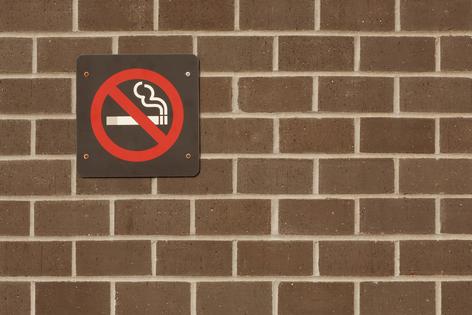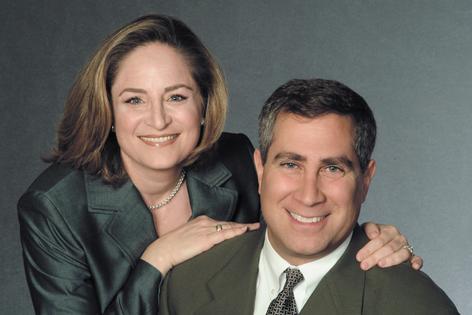HOA board president asks resident to research regulations regarding ‘no smoking’ measure
Q: Your newspaper article about home smoking policies from last summer prompted me to try to get my homeowners association (HOA) to pass “no smoking” measures in my small development. The board president has asked me to do research regarding which regulatory government I need to contact to push this forward in our organization.
Where do you think I should go to get more information?
A: The question you should be asking is “Why is the HOA board president asking me to do this sort of research?”
Someone is confused. So, let’s go back to the rights and responsibilities of the HOA. Your home is part of an HOA. Your HOA has the right to pass certain rules and regulations that govern the homeowners who live in the community. But, what rules and regulations can they pass?
The first and most basic restriction on what the HOA can and can’t do is described in the governing documents and state statutes that govern real estate law.
For example, if your HOA wants to pass a rule that discriminates against a specific class of individuals, that rule may run afoul of federal and state anti-discrimination laws. On the other hand, if your association wants to require that recreational vehicles must be parked in driveways and not on association roads, they should be able to pass that rule.
If you don’t already have a good handle on what sort of rules are prescribed in the governing documents, you should review them. See what restrictions they contain. Some governing documents limit the power an HOA has over certain issues. For example, your governing document may say that homeowners can lease their units. If this is the case, then the HOA can’t pass a rule that would prohibit homeowners from leasing their homes. (We’re generalizing here, but you get the idea.)
When it comes to smoking (cigarette, cigar and cannabis) your governing documents may be silent on this issue. But the governing documents should give the board of directors of the HOA the right to pass rules and regulations to promote the welfare of the HOA members as well as those needed to run the HOA properly.
Most HOAs create their own set of rules and regulations relating basic issues such as garbage pickup and other service issues, unit upkeep and maintenance issues, and a host of other matters. When and where unit owners, their guests and tenants might smoke, including in units or in common areas, should be able to be included in these rules and regulations.
So, we get back to the question your board president asked you to investigate: Which government authority would back this sort of rule? It’s accepted science that smoking is bad for your health and secondary smoke is also extremely damaging. But the truth is, your HOA can make this rule without any involvement from local, state or federal government.
If your association already has a set of rules and regulations, they can be easily modified. Or, you can add rules. Your association bylaws will tell you what needs to be done to pass these new rules or regulations. For example, an owner (you, perhaps) might have to propose the rule. The board or management company would then circulate it and set a meeting to discuss the rule and any other board business. And then the HOA board (or the entire community) would have to vote on any new rules being proposed.
Your association may have its own timing and requirements for rule changes, so make sure you follow your own rules before you do anything. And, as with any other legal matters, you might want to consider talking to an attorney that practices in the area of law that relates to community associations.
Unless a homeowner complains to a government body about the rules and regulations, or files a lawsuit, it’s up to the HOA to decide how to run the association, and what rules should be proposed.
========
(Ilyce Glink is the author of “100 Questions Every First-Time Home Buyer Should Ask” (4th Edition). She is also the CEO of Best Money Moves, a financial wellness technology company. Samuel J. Tamkin is a Chicago-based real estate attorney. Contact Ilyce and Sam through her website, ThinkGlink.com.)
©2024 Ilyce R. Glink and Samuel J. Tamkin. Distributed by Tribune Content Agency, LLC.










